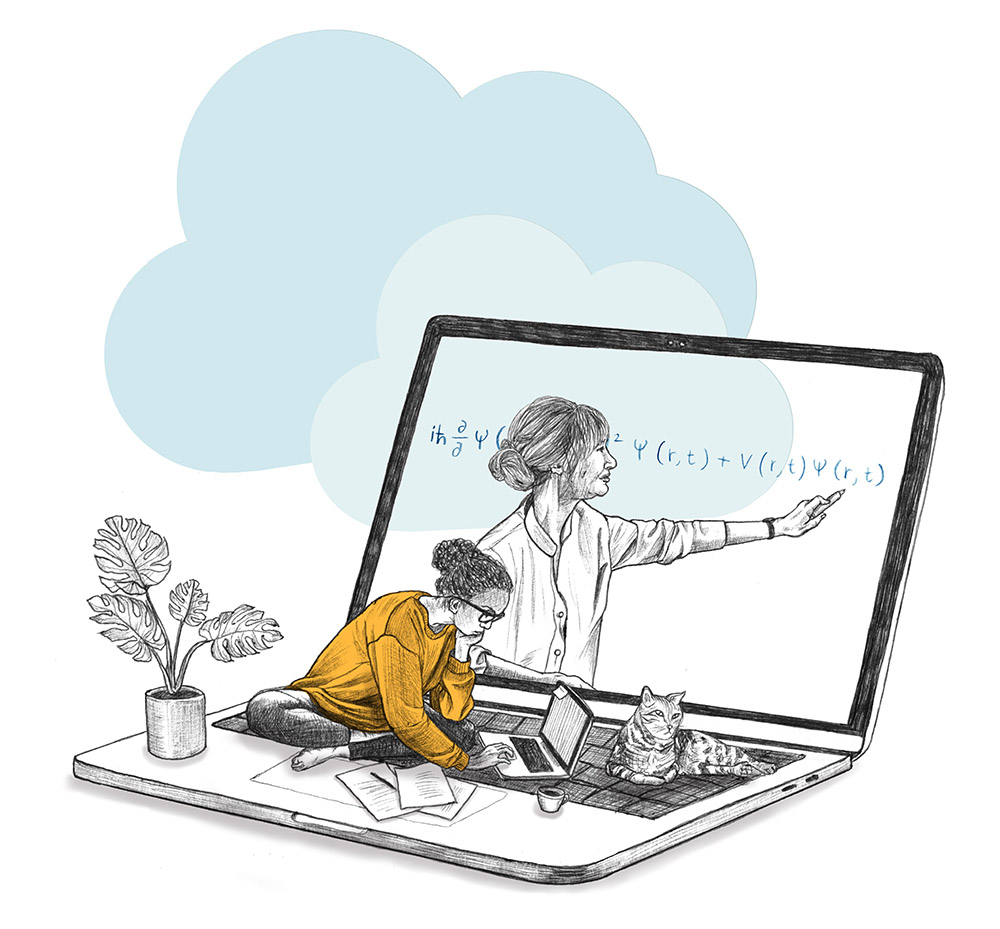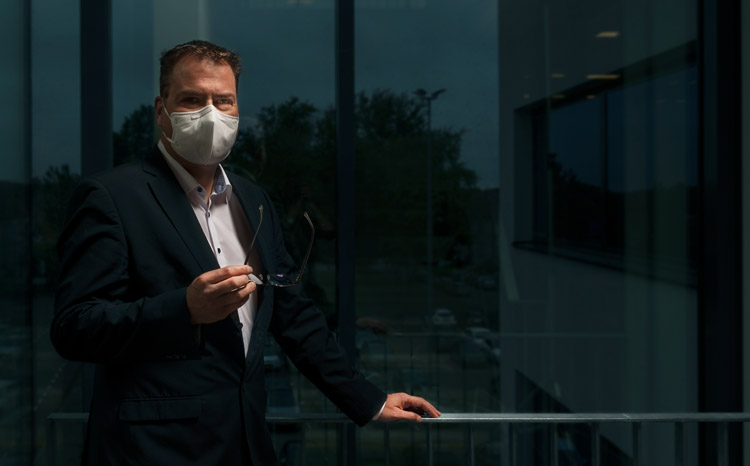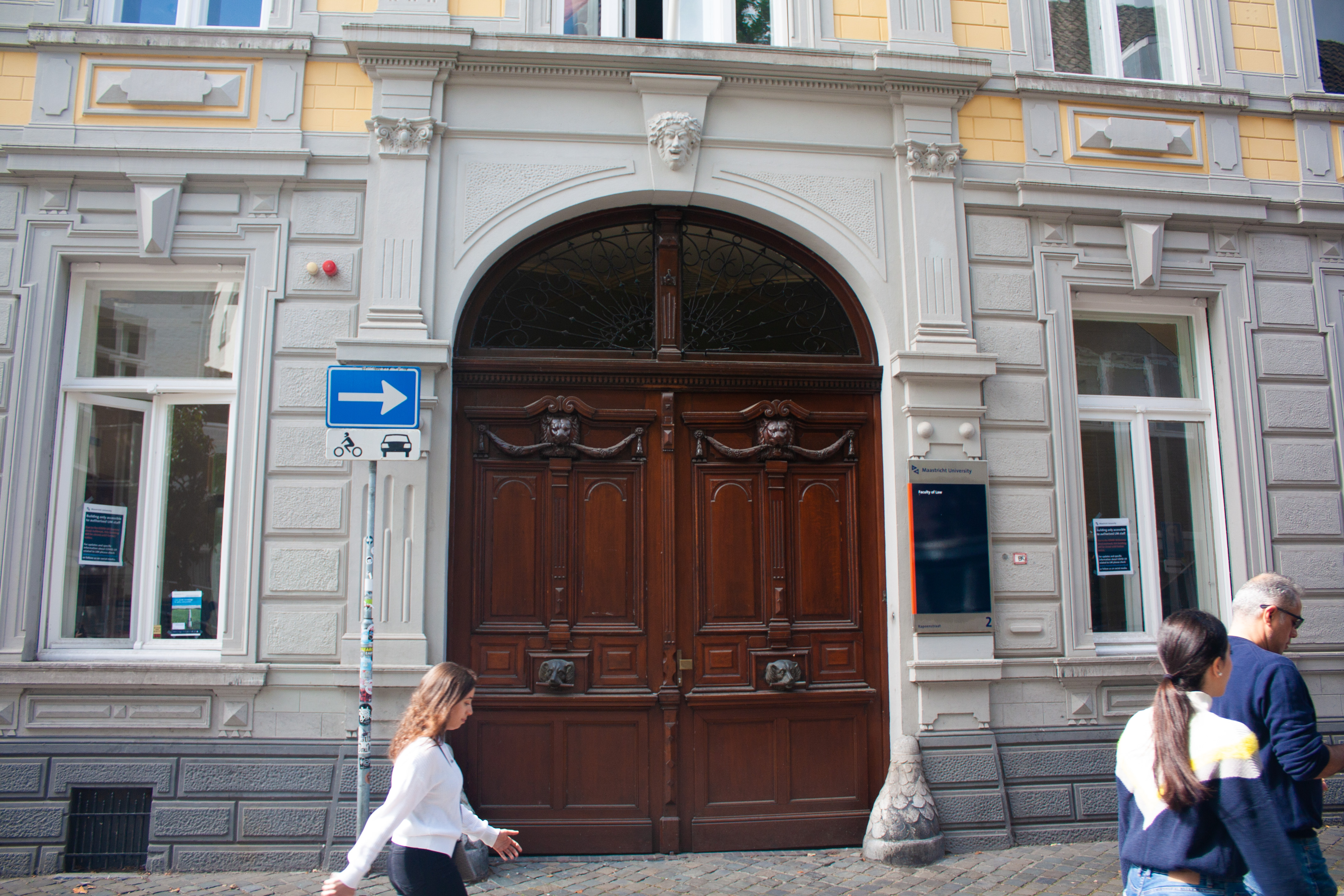News
-
The consultation round on the upcoming ITEM Cross-Border Impact Assessment 2021 is herewith launched! Grab the opportunity to share your experiences with ITEM! Dossier suggestions can be made up to and including 18 January 2021.
-
The Dutch Research Council (NWO) has introduced a new funding instrument to stimulate Open Science. Eligible initiatives are in the broad field of Open Science; ways to publish more open access, to unlock and share data, or to bring about a cultural change within the organization to Open Science.
-
In border regions, national approaches to managing the corona crisis sometimes seem absurd. This is shown by the Cross-Border Impact Assessment 2020 that expertise centre ITEM publishes today. The report on the cross-border coordination, or non-coordination, of crisis response during the ‘first wave...
-
The outbreak of COVID-19 meant that, as of mid-March, education at UM suddenly had to be offered entirely online. Together with their team, Nicolai Manie, programme manager for online education, and Simon Beausaert, associate professor of Workplace Learning, faced the almost impossible task of...
-
Christian Hoebe, professor of Social Medicine and head of Infectious Disease Control at the GGD Zuid-Limburg, discusses his passion for social medicine, his childhood in Alkmaar and, of course, the fight against COVID-19.
-
Eighty years ago, DSM opened its central laboratory for fundamental research in Geleen. Now the old lab is part of the Brightlands Chemelot Campus. This coming fall, the Festival Feel the Chemistry will look back on eighty years of innovation and will also look ahead to the future. Maastricht...
-
Since August 2020 ITEM has moved to a beautiful historic building of Maastricht University in the city centre of Maastricht. In addition, ITEM has a new coordinator, Pascal Vossen, who runs the daily office since this spring.
-
“Poetry can transform fear and sadness into something beautiful.” FASoS’s Sally Wyatt, Professor of Digital Cultures on her faculty’s poetry and art collection ‘Quarantine Spring’, produced between March and May 2020 as a response to the COVID-19 induced lockdown.
-
Discoordination at the beginning of the COVID-19 outbreak caused numerous bottlenecks in the border regions, which proved to have negative effects on Euregional cooperation. The PANDEMRIC project (Interreg V-A Euregio Maas-Rijn), aimed at promoting Euroregional cooperation in the field of health...









